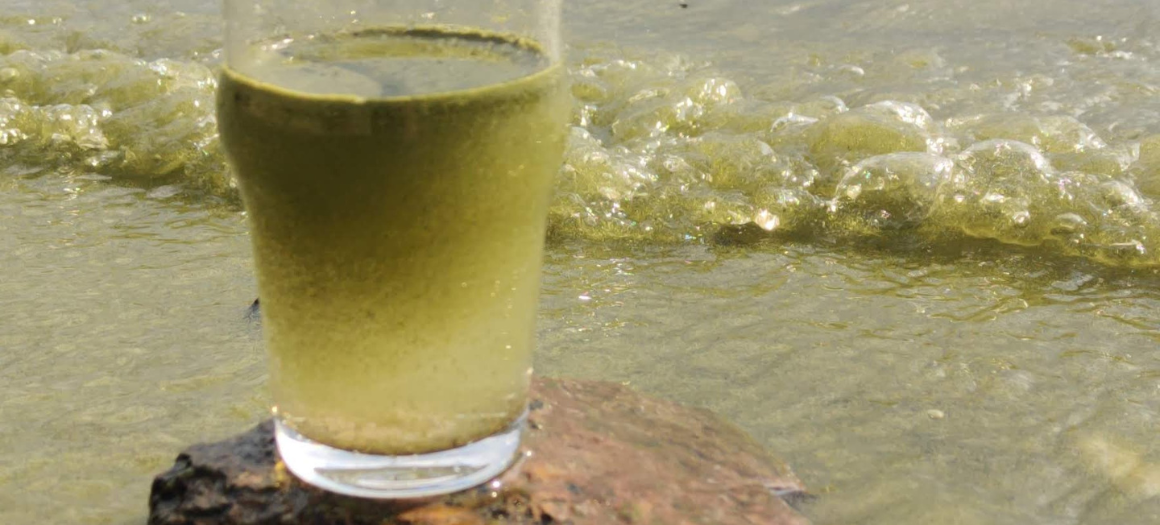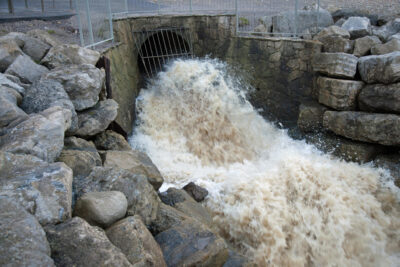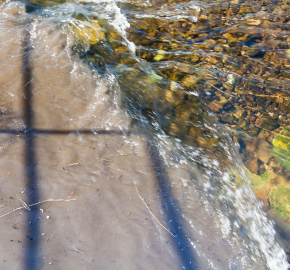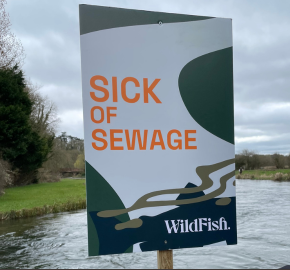Sewage Pollution: campaign update

On 4 July, we’re taking the Government to the High Court in our fight against sewage pollution. Here is your latest campaign update from our CEO, Nick Measham.
Our campaign against sewage pollution has two simple asks:
1. We want the Government to enforce the law – that has been in existence since 1994 – and stop water companies from dumping raw sewage in rivers.
2. We want the Government to get rid of its current plan for sewage pollution (known as the Storm Overflows Discharge Reduction Plan) which effectively allows water companies to continue to break the law for a further 27 years until 2050.
It is time for the Government to end its ‘smoke and mirrors’ approach to environmental regulation once and for all and make the water companies do what they have promised to do for nearly 30 years, at their own expense.
Our wild fish, our rivers and all of us have had enough.
The law and how it is being broken
Since 1994, the law in England and Wales has required privatised water companies to prevent the discharge of untreated sewage into rivers, unless there is a risk of sewer flooding due to exceptional rainfall. The law also imposes a duty (not just a power) on the Secretary of State and OFWAT to enforce that requirement.
In reality, what the water companies, the Secretary of State and OFWAT have jointly delivered has fallen far short of the legal requirements.
Almost all of the huge number of raw sewage discharges that we see today – and are now regularly reported – are contrary to the law. Despite this:
- Water companies consistently (at every periodic review period and as the law requires them to do) reassure OFWAT that they have sufficient funds and can comply with all their regulatory requirements. OFWAT has always accepted those assurances.
- Most permits issued by the Environment Agency allow raw sewage to be discharged if there is any rainfall or snowmelt rather than only in exceptional weather. Consequently, this ‘permit loophole’ has been exploited to the fullest possible extent.
- The Secretary of State and OFWAT have jointly avoided enforcing the ‘exceptional weather’ law, turning a blind eye to water companies’ ‘sweating their assets’ and discharging raw sewage to the rivers when the law says they should not.
The Government’s plan for sewage pollution is not the answer
The Government’s sewage plan suffers from the same fundamental errors at play today.
The Storm Overflows Discharge Reduction Plan is based on the proposition that the current regulatory requirements are those contained in the permits which allow discharge if there is any rain. It states that investment to comply with those permits will be funded by the water companies.
It then proposes what it considers to be “new” requirements. In summary, these:
1. Only allow discharges in exceptional weather (which is already required by the current law).
2. Assume that investment to achieve those requirements would be financed by increases in customer charges.
3. Set national targets which do not need to be achieved for decades.
What we are campaigning for
Our Court challenge seeks to have the Government’s sewage plan rejected as unlawful and re-written.
To achieve this, we have two simple, straight-forward asks:
1. We want the Plan to take proper account of the existing law.
2. We want the water companies – not their customers – to foot the bill for any increased sewage capacity required by the law.
The current plan, imposing a top-down national target, with target dates not until 2050 (in some cases), is not consistent with the existing law. The existing law requires a duty to prevent discharges unless there is exceptional weather. That must be applied on an outflow-by-outflow basis in the context of the relevant water company area. It should be – and should have been for years – the crucial consideration for planning and investing in sewerage infrastructure. The fact that the targets are ones that the existing law has required to be achieved for many years means that the extent to which water companies, rather than customers, should fund the improvements needs to be reconsidered.
Water companies should not be able to load onto bill-paying customers, the costs of what they should have been delivering for years but have clearly failed to do.
If WildFish wins this case, it will fall to the Secretary of State, OFWAT and the EA jointly to ensure the water companies now deliver what the law has required them to do for years.
We also hope that the requirement to enforce existing law is acted upon in the massively noncompliant agricultural sector. Lack of enforcement and non-compliance is rampant in farming too.
Click here to find out more about agricultural pollution in rivers.





I agree totally with your comments. It’s time the Gov. EA and NRW enforce existing legislation
Bravo time to take them to task. Why is it the law makers feel free to not uplhold the law. If I was to do this I would be prosecuted without doubt